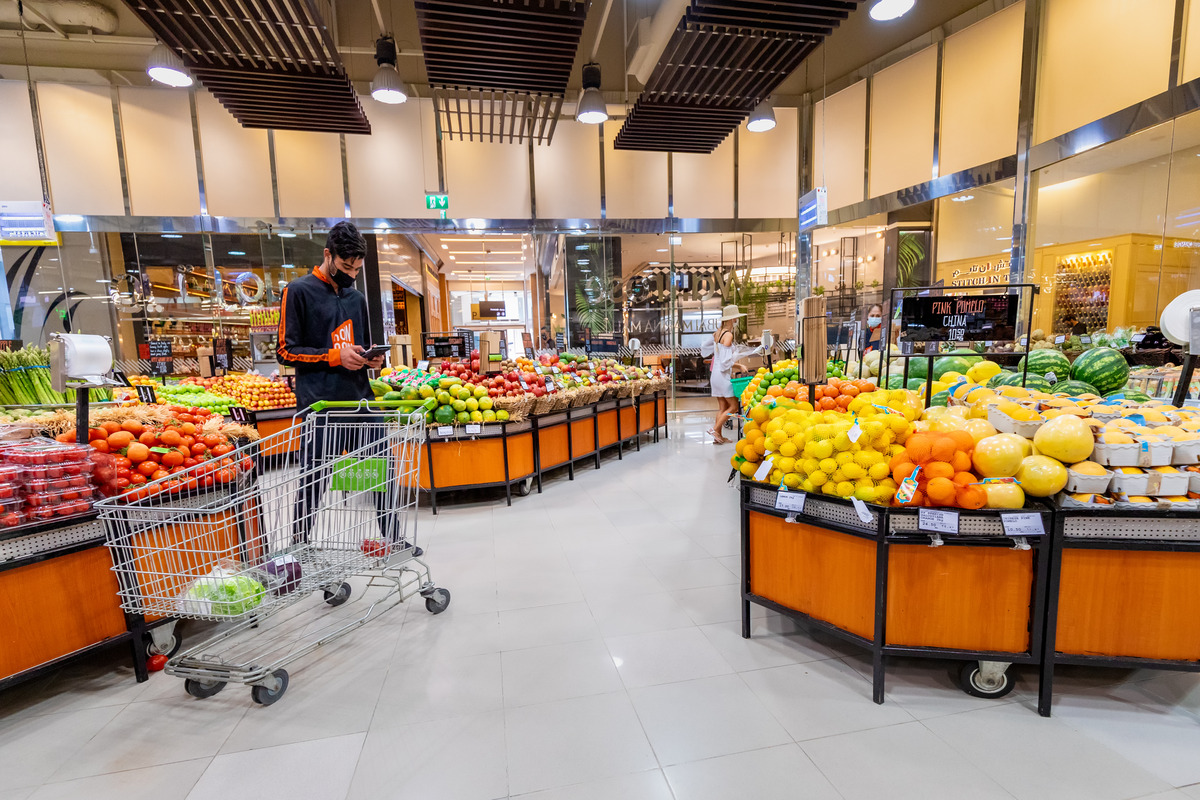Intelligence, community and recognition for pay and reward professionals.
John Lewis warns staff may have to forego bonuses
 Vanessa Ong
Vanessa OngEmployees at John Lewis were warned they may have to forego their annual bonuses this year after the partnership suffered “unprecedented” losses of £99mn in the first half.

The employee-owned retail giant said it will give a one-off cost-of-living crisis payment to staff, known as partners, of £500 for full-time workers, with a pro-rata amount for part-time workers.
The company, which also owns Waitrose, reported a loss of £99mn for the half-year to 30 July.
It said the outlook for the rest of the year, which includes the crucial Christmas period, was “highly uncertain” because of the squeeze on customer spending.
Dame Sharon White, head of the group, said: “A successful Christmas is key for the business given the first half.
“We will need a substantial strengthening of performance, beyond what we usually achieve in the second half, to generate sufficient profit to share a Partnership Bonus with Partners.
“Much will depend on the wider economic outlook and consumer sentiment.”
As well as the one-off payment, the group said entry level pay will rise by 4%, while employees will receive free food while on shift over the winter period.
The cost of the overall package is £50mn.
The partnership said sales in the first half of the year slipped 2.6 per cent in the first half of the year to £5.7bn.
Waitrose sales slipped 5 per cent to £3.6bn. Meanwhile, John Lewis sales rose 3 per cent to £2.1bn
Chairman Dame Sharon White said: “No one could have predicted the scale of the cost-of-living crisis that has materialised, with energy prices and inflation rising ahead of anyone’s expectations.
“As a business, we have faced unprecedented cost inflation across grocery and general merchandise.”
The government’s £150mn energy support package, however, could be a potential “game changer” in the second half, she told an analysts call, according to the Times.
In 2020, John Lewis scrapped its bonus scheme for the first time since 1953 as department stores closed because of the lockdown.
It comes as retail sales fell in August as customers tighten purse strings on discretionary spending, according to figures from the Office for National Statistics.
The quantity of goods bought in the UK fell 1.6% between July and August because of “rising prices” and cost-of-living pressures.
Silvia Rindone, EY UK&I Retail Lead, said: “With shoppers challenged by inflation, the rising cost of living and falling consumer confidence, the drop in retail sales volumes in August by 1.6% was unsurprising. Shoppers are now taking decisive action by opting for ‘own-label’ alternatives or switching to discount supermarkets which have continued to win market share.
“Many pure-play retailers have also been experiencing slowing sales growth, alongside high commodity prices, increasing delivery costs and product returns. Discretionary spending on ‘big ticket’ items like furniture declined in August; a trend which is likely to continue as shoppers prepare for the energy price rises in October.”
